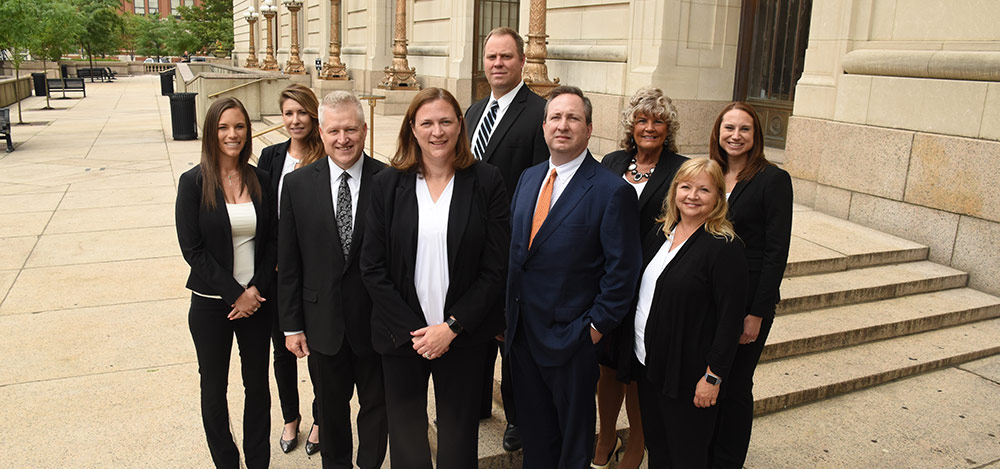Academic Misconduct – Engel & Martin, LLC

Engel & Martin, LLC has unmatched experience in handling academic dishonesty matters. As advocates on behalf of students, the attorneys of Engel & Martin, LLC handled hundreds of school discipline cases across the country, including cases involving plagiarism, cheating and other issues that may fall under a school’s “honor code.”
An accusation of breach of academic integrity can be career and life changing. For many students, especially those falsely accused, the most painful and damaging risk is a permanent stain on the student’s reputation for honesty and good character.
The potential consequences can range from dismissal and suspension to minor reprimands or failing grades in a course or exam. In many instances, the “collateral” or long-term consequences are more important. Students found responsible for academic integrity violations may lose eligibility for scholarships or financial aid. Most importantly, the academic dishonesty – even if it does not appear on a transcript – may have to be disclosed to other educational institutions, potential employers, or professional licensing organizations.
Students are protected by the policies and procedures contained in a school’s code of conduct and disciplinary procedures. Many of these have a “Student’s Bill of Rights.” At public schools, students also have a constitutionally protected interest in due process.
Plagiarism allegations are some of the most difficult to disprove. There are many types of plagiarism, including:
- Direct Plagiarism — word-for-word use of all or a portion of someone else’s work without attribution. This type of deliberate plagiarism may be detected by sophisticated software that compares exemplars of the questioned work against samples of prior work of stipulated authorship. Direct plagiarism is the most serious type, often leading to disciplinary actions, including expulsion.
- Self-Plagiarism – the use of a student submits previous work, or mixes parts of previous works, without permission from all professors involved.
- “Paraphrasing” or “Mosaic” Plagiarism – the borrowing of phrases, either directly or indirectly, from a source without using quotation marks or proving adequate attribution. In this type of plagiarism, the student often uses synonyms for the author’s language while keeping some of the same general structure and meaning.
- Accidental Plagiarism – the failure to cite sources correctly. Often students fail to realize that the failure to adequately cite sources is plagiarism, even if there is no intent to commit academic dishonesty!
Source: Bowdoin College.
A school’s investigative process does not always comport with due process. Students may be asked to give statements and explanations without being adequately informed of the nature of the charges or with the ability to obtain counsel. The hearing process may rely heavily on hearsay and conjecture. And not all cases at each school are treated the same. Such a process is not always designed to find the truth – accuracy and reliability are sometimes sacrificed for efficiency, and students may feel that they are just an insignificant cog in a big scholastic machine.
Over the past 20 years or so, there have been a growing number of lawsuits against U.S. colleges and universities based on claims of unfair procedures and improper conclusions in adjudicating allegations of academic integrity. Engel & Martin, LLC has been at the forefront of student disciplinary cases. Engel & Martin, for example, was counsel in the landmark case of Doe v. University of Cincinnati, where the court recognized the right of students in disciplinary proceedings to confront adverse witnesses.
As experienced and skilled attorneys, Engel & Martin deploys a two-pronged approach to academic integrity issues while preserving student confidentiality as much as possible. First, we work closely with experts in academic fields to evaluate the allegations and explore potential defenses. Second, our attorneys work to assure that the schools comply with all of the procedural protections required not only by school policies and procedures, but also any statutory and constitutional requirements.
